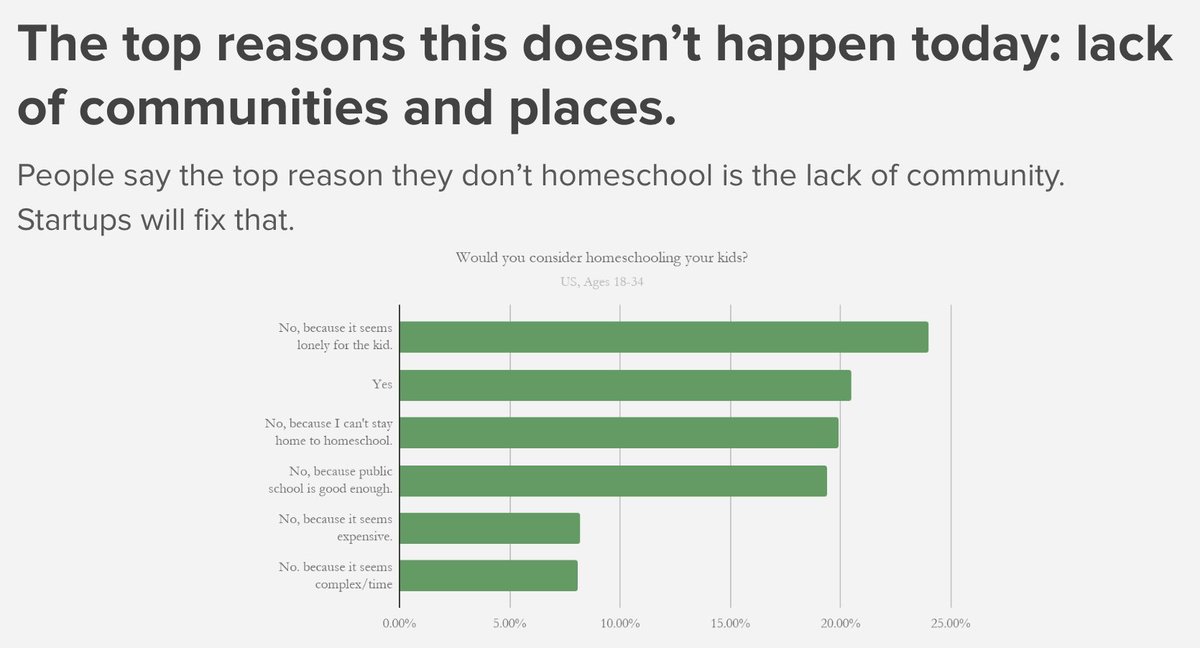
New essay: A couple years ago, I realized that I knew embarrassingly little about Christianity.
So, I decided to change that. That search led me to history of human rights and the moral underpinnings of Western culture.
Here’s what I discovered.
perell.com/essay/why-your…
So, I decided to change that. That search led me to history of human rights and the moral underpinnings of Western culture.
Here’s what I discovered.
perell.com/essay/why-your…
I didn’t think this piece would resonate.
But in terms of quality responses in the first 24 hours, it’s the most successful essay I’ve ever written.
Never have I experienced such a flood of responses — and I particularly love the personal stories of religious transformation.
But in terms of quality responses in the first 24 hours, it’s the most successful essay I’ve ever written.
Never have I experienced such a flood of responses — and I particularly love the personal stories of religious transformation.
Religious or not, every Westerner bathes in the waters of Christian ideology.
We are desensitized to Christianity’s influence on Western thought not because it’s irrelevant, but because it’s so all-consuming.
We are desensitized to Christianity’s influence on Western thought not because it’s irrelevant, but because it’s so all-consuming.
One reason we underestimate how much Christianity has influenced our thinking is that we’ve removed religious education from many American schools.
To my amazement, I made it through 16 years of schooling without ever reading the Gospels.
To my amazement, I made it through 16 years of schooling without ever reading the Gospels.
I’m not saying that we should force people to be religious — I’m a non-believer myself.
But being secular doesn’t give you a hall pass to ignore your Christian influences. We should study religion not to dogmatically accept faith, but to understand the foundation of our culture.
But being secular doesn’t give you a hall pass to ignore your Christian influences. We should study religion not to dogmatically accept faith, but to understand the foundation of our culture.
• • •
Missing some Tweet in this thread? You can try to
force a refresh








